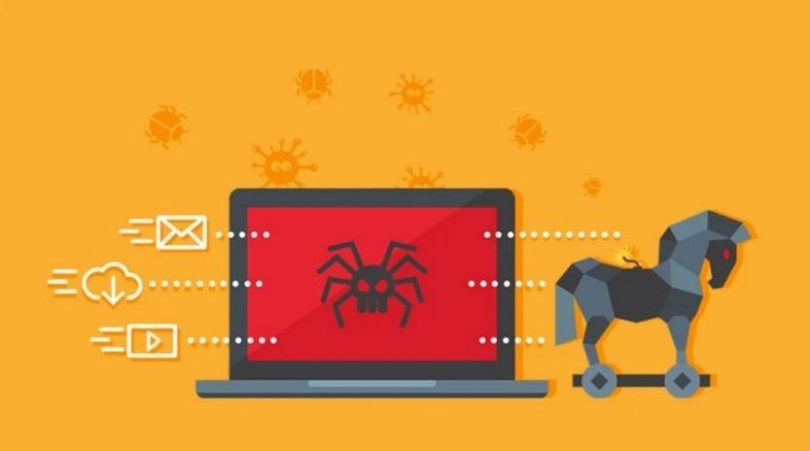The phone rings, and you answer it, thinking it’s a legitimate call from a financial institution or a service provider. But then, the voice on the other end asks you to verify some personal information to “verify your account” or collect a “unpaid debt.” But, before you know it, your money is gone, and you’re left with a nasty feeling and a huge financial loss.
Meet the 866-446-6319 phone scam, a clever yet malicious ploy to steal money from unsuspecting victims. It’s a cleverly designed scheme that relies on fear, urgency, and intimidation tactics to get its claws on your hard-earned cash. And if you’re not careful, you might just fall prey to this cunning trick.
The scam typically begins with a cold call from an unknown number, which displays a local or toll-free number on your caller ID. The caller claims to be from a reputable financial institution, such as a bank or a credit card company, and demands that you verify your account information or settle an unpaid debt. The scammer may use convincing tactics, such as claiming you’ve missed a payment, and that immediate action is necessary to avoid further action.
Once the scammer has your confidence, they will often request personal and financial details, such as your bank account numbers, credit card information, or Social Security number. They might also request access to your computer to “verify your identity” or “fix an issue” with your account. Under the guise of this supposed “help,” the scammer can gain control of your financial accounts and steal your money, making it difficult for you to track or recover.
In some cases, the scammer might also threaten to report you to the authorities or send law enforcement to your home if you don’t comply with their demands. This can leave you feeling vulnerable, anxious, and even embarrassed. The goal of the scammer is to create a sense of urgency and fear, making it more likely that you’ll reveal sensitive information or hand over cash.
So, how can you avoid falling prey to this cunning scam? First and foremost, be cautious of unsolicited calls from unknown numbers. Be wary of calls that start with a mystery phone number, especially if the caller claims to be from a financial institution. Remember, legitimate institutions will never contact you out of the blue to verify your account information.
Next, be aware of the tactics used by scammers. When a scammer claims you’ve missed a payment or have



